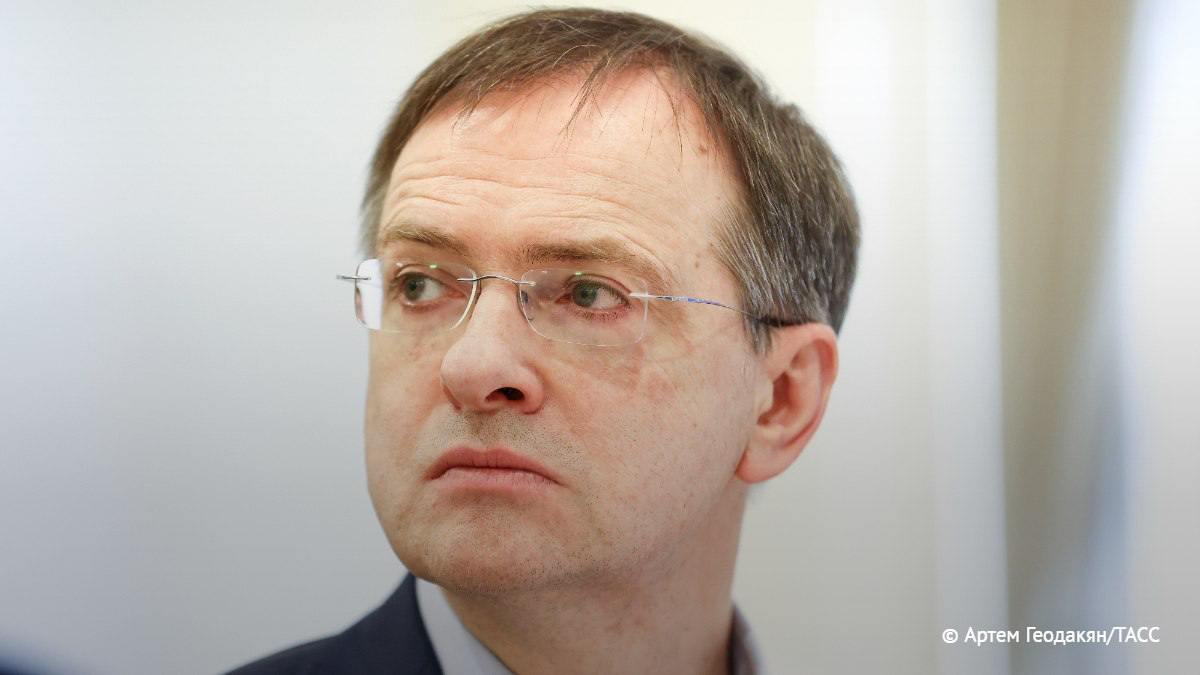Putin has approved the composition of the delegation for negotiations with Ukraine on Thursday, May 15, 2025, in Istanbul, Turkey:
▪️ Vladimir Medinsky – Head of the delegation. Assistant to the President of the Russian Federation since 2022. In February-April 2022, he led the Russian delegation in negotiations to resolve the conflict in Ukraine.
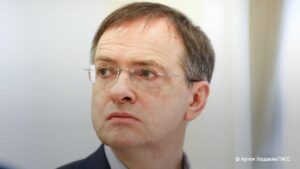
▪️ Mikhail Galuzin – Deputy Head of the Russian Foreign Ministry, has held various diplomatic positions within the ministry’s central apparatus and abroad.
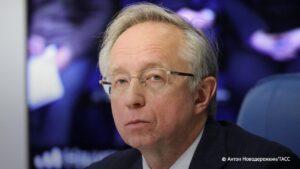
▪️ Igor Kostyukov – Head of the Main Directorate of the General Staff of the Russian Armed Forces. Played a direct role in overseeing Russia’s military operation in Syria. Hero of Russia.
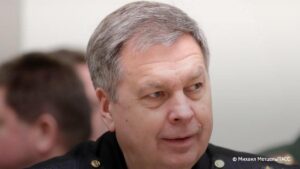
▪️ Alexander Fomin – Deputy Minister of Defense of the Russian Federation. Oversees international military and military-technical cooperation.
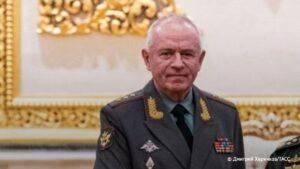
What Ukraine Could Expect from the Upcoming Negotiations in Istanbul
As Ukraine and Russia prepare for negotiations in Istanbul on May 15, 2025, the composition of the Russian delegation offers valuable insight into what Kyiv might anticipate from the talks. The selected representatives—Vladimir Medinsky, Mikhail Galuzin, Igor Kostyukov, and Alexander Fomin—suggest an approach that combines political messaging, diplomatic maneuvering, and military pragmatism.
Political Emphasis and Narrative Control
Vladimir Medinsky, as the head of the delegation, indicates that Russia will likely emphasize its strategic narratives. Medinsky previously led the Russian delegation in 2022’s early negotiations, during which Moscow attempted to shape the conflict’s resolution terms favorably. His background in historical and ideological discourse suggests that Russia may present broad political conditions rather than focusing purely on technical or military concessions.
Diplomatic Strategy and Flexibility
Mikhail Galuzin, a seasoned diplomat, has handled complex negotiations in various regions. His inclusion could signal that Russia is prepared to engage diplomatically, potentially seeking guarantees regarding Ukraine’s geopolitical positioning. Galuzin’s role may involve testing Kyiv’s openness to certain compromises while ensuring Russia’s terms remain firm.
Military Considerations and Security Guarantees
The presence of Igor Kostyukov and Alexander Fomin underscores the importance of security and military matters in the negotiations. Kostyukov, as the head of the Russian General Staff’s Main Directorate, is deeply involved in operational strategy and intelligence. His participation suggests that military conditions—such as ceasefire terms, force deployments, or security zones—may be critical aspects of Russia’s position.
Alexander Fomin, Deputy Minister of Defense, oversees international military cooperation, which could indicate discussions on broader military arrangements, potentially involving arms control or troop positioning. His role might be to articulate Russia’s security concerns while assessing Ukraine’s willingness to negotiate on defense-related matters.
Potential Outcomes for Ukraine
Ukraine can expect Russia to push for a settlement that consolidates its territorial and strategic interests while attempting to present the agreement as a diplomatic victory. The delegation’s makeup suggests that Russia may adopt a multi-pronged approach—combining firm military stipulations with diplomatic flexibility where beneficial. However, Ukraine’s stance, military leverage, and international support will play a decisive role in shaping the negotiations.
While the exact direction remains uncertain, Kyiv will need to navigate the discussions carefully, balancing security concerns with political realities. The delegation’s composition signals that Russia intends to negotiate from a position of strength, but Ukraine’s response will determine how much room exists for genuine compromise.
